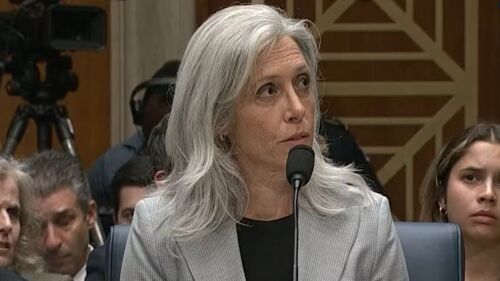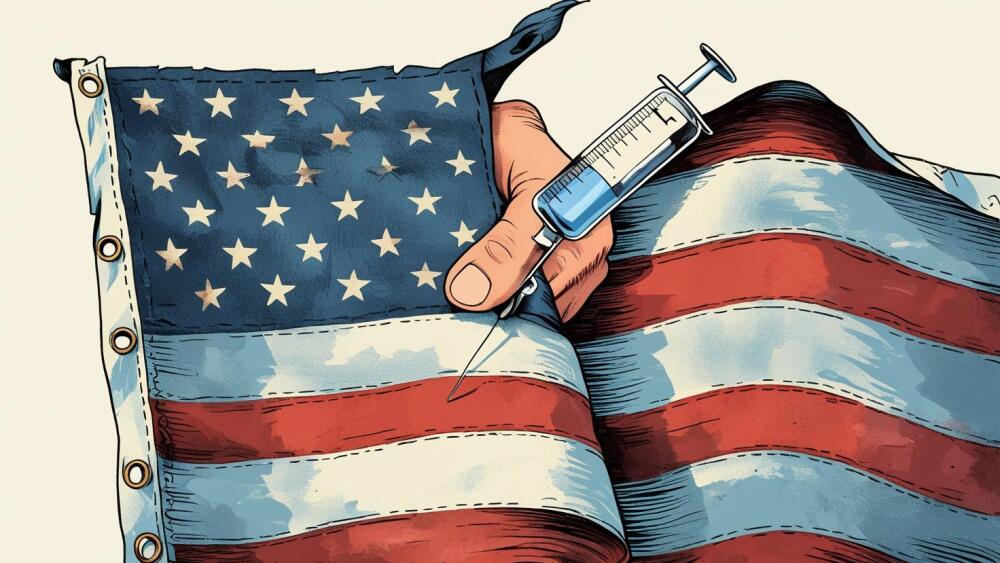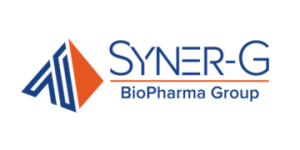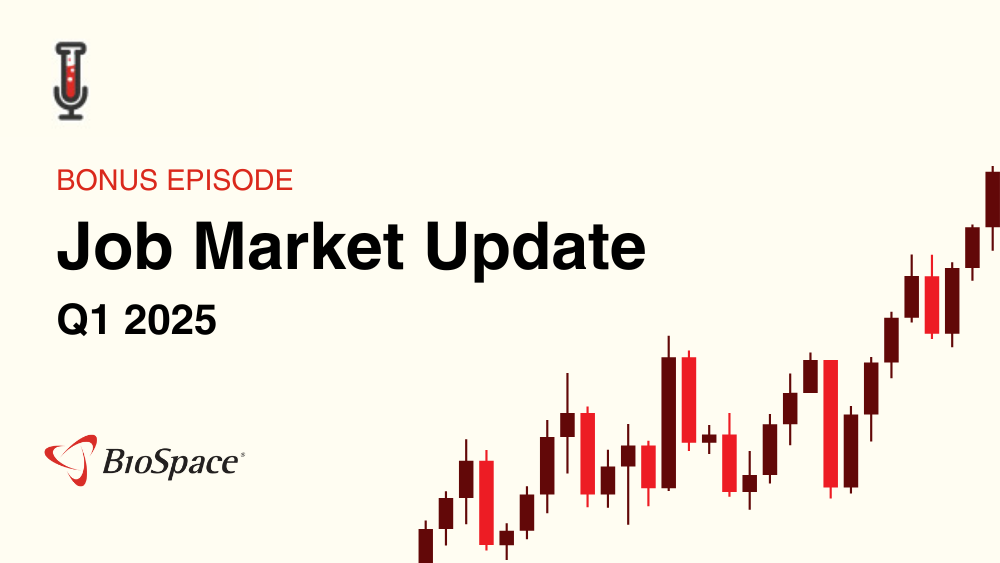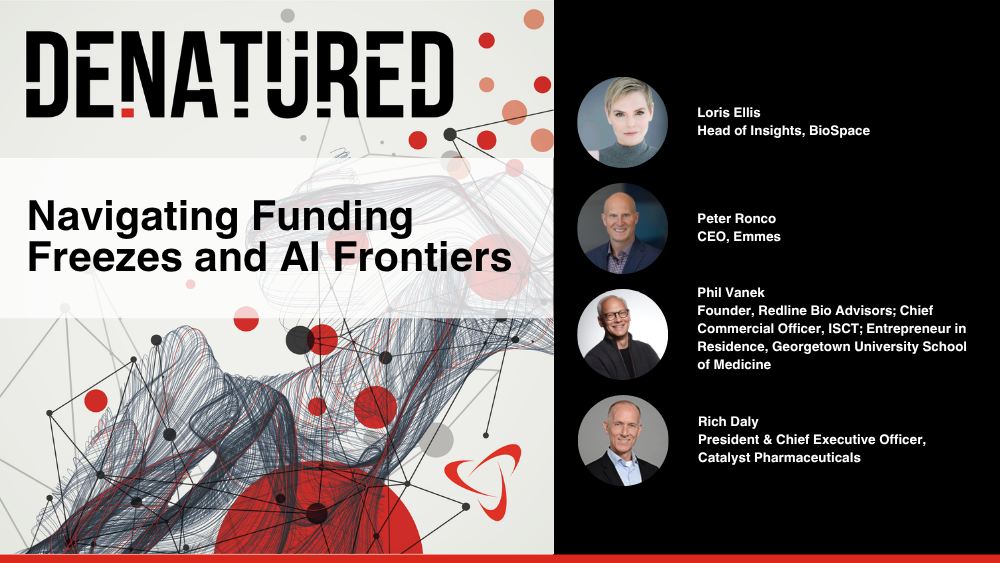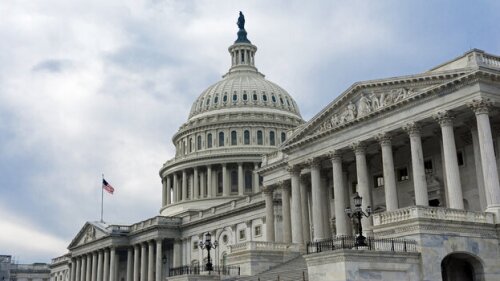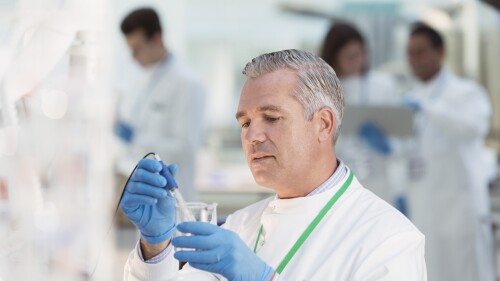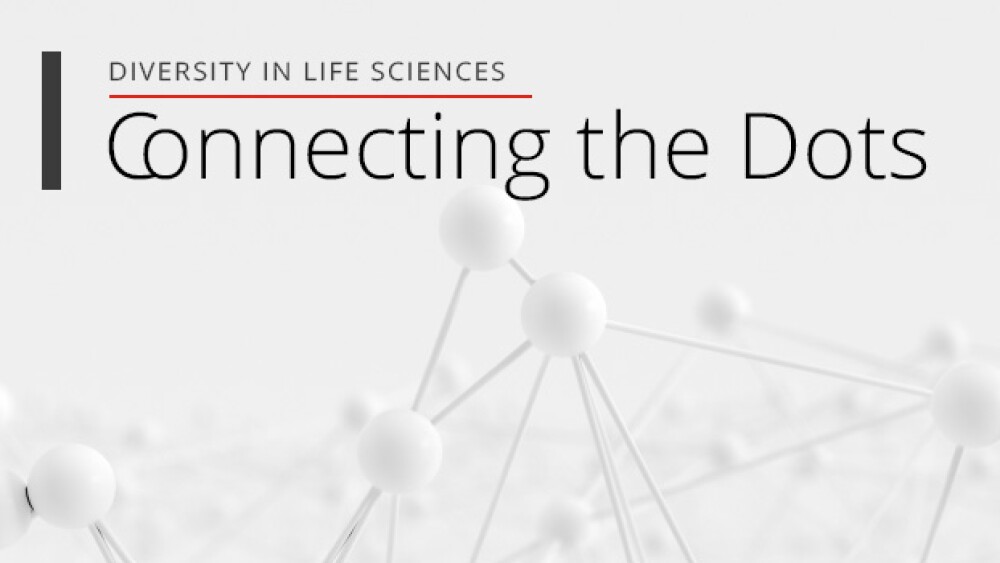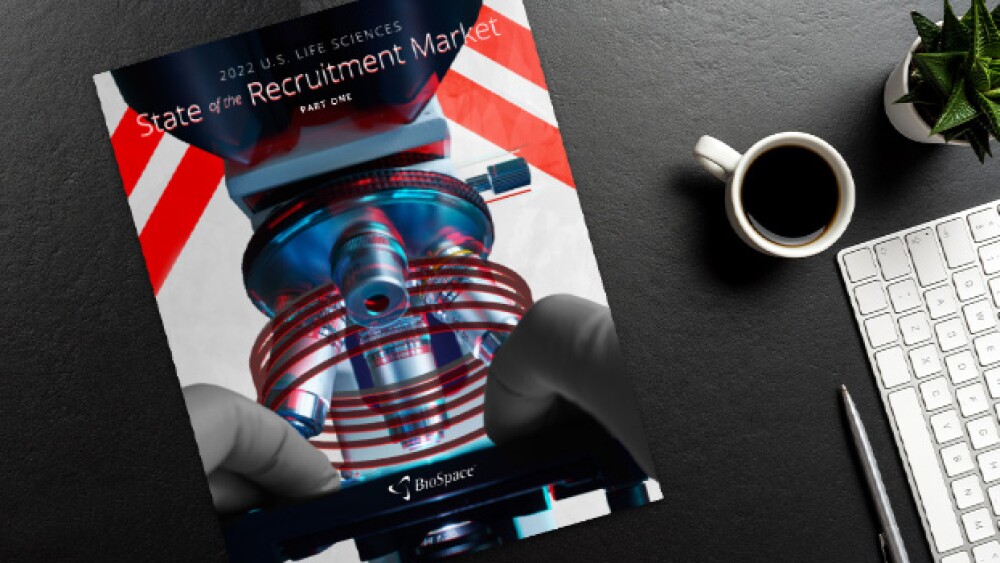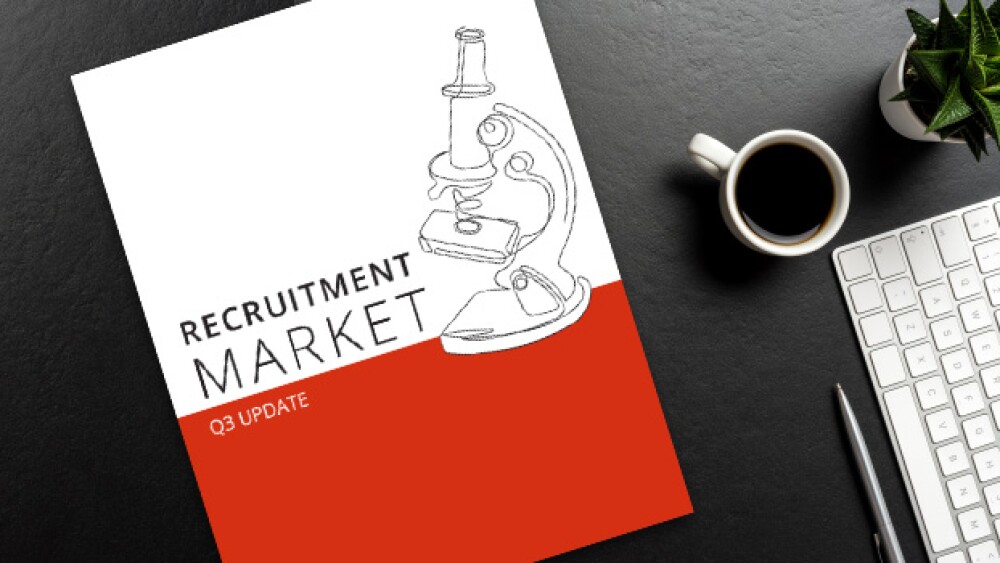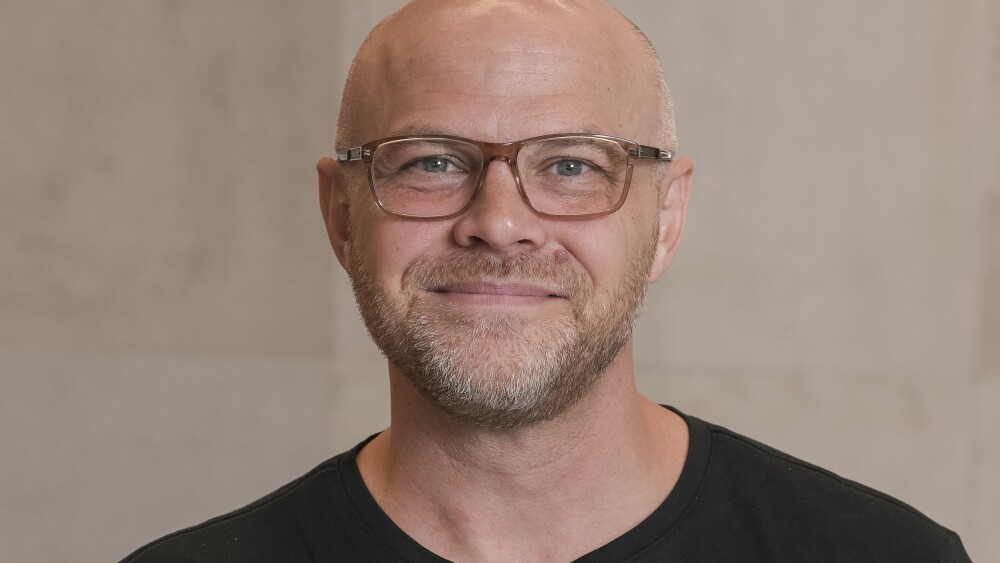Monarez is the first CDC director to be confirmed by the Senate under a new 2023 law and will be the first person without a medical degree to assume leadership of the agency in more than 70 years.
Sarepta’s Elevidys is back on the market for ambulatory patients with Duchenne muscular dystrophy, Health Secretary Robert F. Kennedy Jr. reportedly plans to dissolve the U.S. Preventive Services Task Force and “fix” the vaccine injury compensation program, Merck, AstraZeneca and more report Q2 earnings, Novo names a new leader and Roche’s trontinemab impresses at AAIC25.
CEO Emma Walmsley maintained that continued investment in the U.S. is a priority for the pharma to ensure its medicines for the country are supplied domestically.
Under the Inflation Reduction Act, medications with the same active ingredient will be treated as the same drug for price negotiation purposes—even if approved by the FDA under a separate application—disincentivizing companies from investing time and money in gaining approval for new formulations and indications.
The FDA’s dramatic summer continues to unfold as news broke late Tuesday evening that Vinay Prasad will depart the agency, where he had been the head of the Center for Biologics Evaluation and Research for less than three months.
Pascal Soriot’s comments came during AstraZeneca’s Q2 earnings call in regard to President Donald Trump’s newly announced European pharma tariffs. The company also announced estimate-beating earnings, with its cancer portfolio driving earnings despite clinical roadblocks.
FEATURED STORIES
Vaccine skepticism is at an all-time high in the U.S., and HHS Secretary Robert F. Kennedy Jr. is making some drastic moves in the name of reversing that trend. But misinformation and inconsistencies within the country’s healthcare agencies highlight problems with his approach.
Analysts reacted positively to the news that uniQure is in alignment with the FDA on an accelerated approval pathway and on target for a Q1 2026 submission for its one-time gene therapy for Huntington’s disease—but patients have been here before.
J&J has a multi-year head start, but Gilead believes it can win market share by delivering a drug with better safety and at least as good efficacy.
Jefferies has predicted more small tuck-in deals to come, as biotechs struggle to access capital despite key clinical milestones on the horizon.
A new report from Pitchbook suggests we’re in for a period of more sustainable investing, with VC firms continuing to create and invest in companies, just more carefully.
The overturning of the FDA’s lab-developed tests rule is just the tip of the iceberg. With the loss of Chevron deference, power has shifted from federal agencies to the courts, with potential implications for everything from the FDA shortage list to CMS drug price negotiations.
FROM BIOSPACE INSIGHTS
If people are your greatest asset, it is imperative that your organization maintains a positive employer brand presence and talent pipeline. This report covers how you can build a strong employer brand with prospective employees, current employees - and former employees.
LATEST PODCASTS
FDA Commissioner Marty Makary talks about his plans to revamp drug development and reduce ‘conflicts of interest’ between the agency and pharma industry; Roche and Regeneron jump on the U.S. manufacturing train as Trump’s tariffs loom; and Eli Lilly scores a big win for orforglipron while Novo Nordisk reveals it has applied for FDA approval of its oral semaglutide.
Donald Trump takes biopharma on a tariff-themed rollercoaster ride; J&J kicks off the Q1 earnings season; experts express concern about the FDA’s future; Pfizer’s obesity setback could be Viking’s gain; and BioSpace reveals the highest paid pharma CEOs.
In this bonus episode, BioSpace’s vice president of marketing Chantal Dresner and careers editor Angela Gabriel take a look at Q1 job market performance, layoffs and administration decisions impacting the workforce.
Job Trends
BioSpace has revealed its 2025 Hotbed Maps, showcasing nine regional hot spots for life sciences activity.
Subscribe to Genepool
Subscribe to BioSpace’s flagship publication including top headlines, special editions and life sciences’ most important breaking news
SPECIAL EDITIONS
BioSpace did a deep dive into executive pay, examining the highest compensation packages, pay ratios and golden parachutes—what a CEO would get paid to leave.
A new generation of checkpoint inhibitors is emerging, with some showing more promise than others. From recent TIGIT failures to high-potential targets like VEGF, BioSpace explores what’s on the horizon in immuno-oncology.
Peter Marks, the venerable head of the FDA’s Center for Biologics Evaluation and Research, has been forced out. In this special edition of BioPharm Executive, BioSpace takes a deep dive into the instability of the HHS.
DEALS
-
It’s another wild twist in the story of Galapagos, a company that has been around for more than 25 years but has yet to get a therapy approved.
-
M&A and IPOs got off to a quick start in 2025 only to crash into a wall of policy challenges. Upfront payment for licensing transactions, however, grew as pharmas looked for less-risky deals.
-
The Alchemab deal will further strengthen Lilly’s early-stage pipeline for amyotrophic lateral sclerosis, coming less than a year after the pharma licensed QurAlis’ antisense oligonucleotide to correct a specific protein alteration in ALS.
-
After multiple rounds of layoffs that cut Kronos down to just 10 people, the small molecule biotech has accepted a buyout offer from Kevin Tang’s Concentra Biosciences.
-
Announcing first-quarter results, Biogen CEO Chris Viehbacher admitted that tariffs are “a new topic for us,” but said he does not expect major impacts—at least for 2025.
WEIGHT LOSS
-
Like fellow Big Pharmas Eli Lilly and Johnson & Johnson, Amgen is urging the Trump administration to consider tax policy instead of tariffs to promote domestic pharma manufacturing.
-
Eli Lilly CEO David Ricks is confident that weight loss med Zepbound is gaining market share at the expense of Wegovy, even as its rival strikes deals with CVS and Hims & Hers pharmacies.
-
To say, as CEO David Ricks did, that this was a good quarter, is an understatement. Mounjaro in diabetes brought in $3.84 billion for the quarter while Zepbound in weight loss booked $2.31 billion.
-
As Q1 2025 earnings season continues, tariffs remain top of mind for pharma CEOs and investors. Meanwhile, the American Association for Cancer Research’s annual event kicks off this year’s oncology conference season. Plus, will the FDA become politicized under HHS Secretary RFK Jr.?
-
In December 2024, the FDA affirmed that the shortage of tirzepatide, marketed as Zepbound for weight loss, had ended, formally barring compounders from producing their knockoff versions of the drug.
POLICY
-
In this episode of Denatured, BioSpace’s Head of Insights Lori Ellis discusses key themes from BIO and DIA, including the funding environment, with Rich Daly, CEO of Catalyst Pharmaceuticals, Peter Ronco, CEO of Emmes Corporation, and Phil Vanek, founder of Redline Bio Advisors.
-
Industry watchers responded mostly positively to the commissioner’s new voucher program, but worries remain over staffing cuts at the agency.
-
The new version of the bill will still need to go through the entire House and Senate.
-
Findings that U.S. companies can sue foreign rivals despite limited business operations in the country could dissuade drug developers from targeting the U.S. market, potentially benefiting domestic producers of biosimilars.
-
The program will bring together experts from across the FDA for a team-based review, rather than having an application move across numerous offices within the agency before getting a yay or nay.
By building and nurturing a strong personal brand, you can benefit in multiple ways, including enhancing your credibility, attracting opportunities and inspiring investor confidence.
To avoid being laid off, a third of biopharma professionals would take a pay cut and nearly a quarter would take a demotion, according to BioSpace LinkedIn polls. We spoke to several professionals about their layoff experiences and what they would—and wouldn’t—have done to keep their jobs.
Plus, learn how to handle vacation time in a new job and navigate the stress of a recent promotion to leadership.
A BioSpace LinkedIn poll showed that just 19% of respondents believe biopharma professionals need Ph.D.s for scientist roles.
Employers have adjusted to higher salaries. That also means they’ve become adamant they get specific skill sets, according to Greg Clouse, BioSpace recruitment manager.
Looking for a job in Texas? Check out these nine companies hiring life sciences professionals like you.
HOTBEDS
IN CASE YOU MISSED IT
A new report found that 85% of pharma respondents are increasing their artificial intelligence investments, and 70% see AI as an immediate priority. Two experts discuss how biopharmas are implementing and adopting AI, including their increased use of external help with the process.
REPORTS
In the final instalment of our Diversity in Life Sciences series, BioSpace provides life sciences organizations with practical solutions and benchmarking data to strengthen their DEI initiatives.
BioSpace surveyed industry employers and professionals to understand what to expect from the recruitment market in 2022. What do professionals want? How difficult will it be to recruit new talent?
Get up to speed with BioSpace’s data with up-to-date info about retention, layoffs, “quiet quitting” and projections for 2023.
CANCER
-
Bristol Myers Squibb is dropping at least $3.5 billion to jointly develop the bispecific antibody, which will race with Summit Therapeutics, Merck and Pfizer in the crowded PD-1/PD-L1xVEGF space.
-
Updated Phase I/Ib data in hand, Arcus will launch a Phase III trial as it aims to compete with Merck, whose drug secured approval for a type of kidney cancer in 2023.
-
Following Merus’ splash last month with a “best-in-disease profile” for its head and neck cancer bispecific, Bicara touted positive results for its monocolonal antibody, but analysts say Merus still has the upper hand.
-
Arguably the most notable of the FDA’s upcoming decisions is that regarding Gilead’s twice-yearly HIV prophylaxis lenacapavir.
-
Here’s how companies can ensure they’re in compliance with new requirements that go into effect in August.
NEUROSCIENCE
-
With $90 million to start, Syndeio has a lead asset in Phase II clinical trials for major depressive disorder, with plans to soon launch a biomarker trial in Alzheimer’s disease.
-
The report takes from HHS Secretary Robert F. Kennedy Jr’s playbook, calling out rising autism rates, the vaccine schedule and over medication of children as reasons for chronic diseases.
-
The deal helps revitalize the TREM2 target after the high-profile failure of AbbVie and Alector’s candidate last year.
-
After a tense exchange, Senator Patty Murray (D-WA) told Kennedy that by implementing sweeping cuts to the HHS, he is “enacting his budget,” which “Congress has not passed.”
-
Analysts at BMO Capital Markets said in a weekend note that a non-invasive blood test could help boost uptake of Alzheimer’s disease therapies.
CELL AND GENE THERAPY
-
Taking center stage at the American Society of Gene and Cell Therapy meeting was the first-ever reported case of a personalized in vivo CRISPR editing therapy, which substantially eased the symptom burden in an infant.
-
Since Elevidys’ accelerated approval in 2023, experts have been clamoring for more data, particularly in older and non-ambulatory children. New results, presented Friday, show mobility improvements in 8- to 9-year-old patients after one year of follow-up.
-
Lilly will use Rznomics’ proprietary ribozyme technology to develop RNA editing therapies for congenital hearing loss.
-
After warnings that the dragged-out process was putting the cell therapy company at risk of bankruptcy, bluebird bio now has a new deal to offer shareholders.
-
The cell engineering company, co-founded by oncologist and writer Siddhartha Mukherjee, does not see a path forward for its pipeline of early-stage cell therapies for two different types of cancer.




